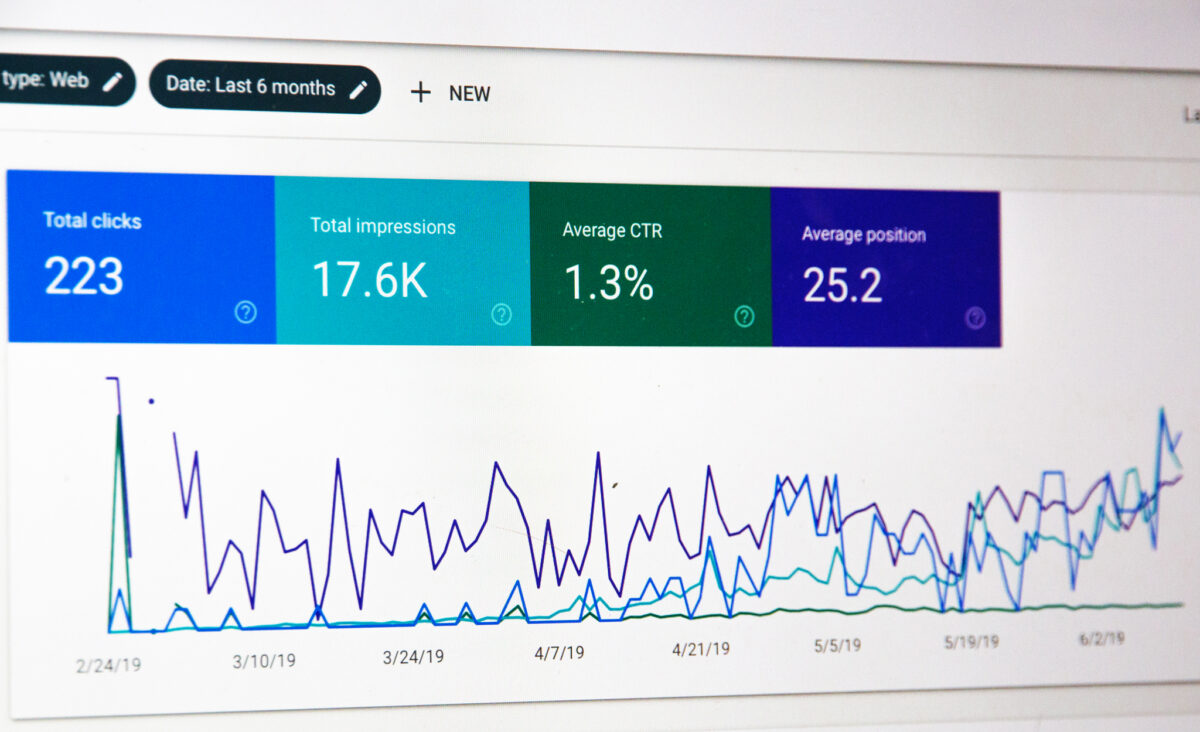Having a strong online presence is crucial for businesses and individuals alike. A website serves as a virtual storefront, representing your brand and attracting potential customers. But how do you know if your website is performing well? This is where analytics come into play. In this blog post, we will explore the concept of analytics, the available services, and the significance of tracking your website’s performance over time.
What is Analytics?
Analytics refers to the collection, measurement, analysis, and interpretation of data to gain insights into various aspects of your website’s performance. It helps you understand how visitors interact with your site, what content they find engaging, and how successful your marketing efforts are. By tracking key metrics, analytics empowers you to make data-driven decisions and optimize your website’s performance.
Available Analytics Services

Several analytics services are available to website owners, each offering unique features and insights. Some popular options include Google Analytics, Adobe Analytics, and Matomo. These services provide valuable information about visitor demographics, traffic sources, popular pages, and more. However, it’s important to note that relying solely on hosting analytics can be misleading, as they often include automated bots and crawlers that skew the data. Therefore, it is essential to analyze and interpret the information carefully.
Beyond Visitor Count
While tracking the number of visitors to your website is important, it’s equally crucial to focus on tracking engagement. Visitor engagement metrics, such as time spent on page, bounce rate, and click-through rates, provide deeper insights into user behavior. By analyzing these metrics, you can identify areas for improvement, optimize user experience, and increase conversion rates.
eCommerce Conversion Tracking
For eCommerce websites, tracking conversions is paramount. Conversions refer to specific actions taken by visitors, such as making a purchase, signing up for a newsletter, or filling out a contact form. By setting up conversion tracking, you can measure the effectiveness of your sales funnel, identify bottlenecks, and optimize your website to increase sales and lead generation.
The Power of Continuous Improvement

Tracking your website’s performance through analytics is not a one-time task. It’s an ongoing process that requires constant monitoring and analysis. The real value lies in making continuous improvements based on the data you receive. Analyzing user behavior, identifying patterns, and testing different strategies can help you refine your website, enhance user experience, and achieve your business goals.
Let’s analyze
In today’s competitive online landscape, tracking your website’s performance over time is crucial for success. Analytics provides valuable insights into visitor behavior, engagement metrics, and conversion rates. By leveraging this data and making data-driven decisions, you can optimize your website, attract more visitors, and ultimately achieve your desired outcomes. Remember, it’s not just about tracking analytics; it’s about using the data to make continuous improvements and stay ahead in the digital realm.



